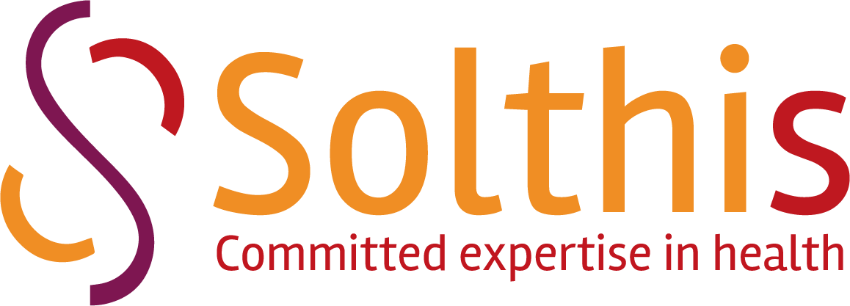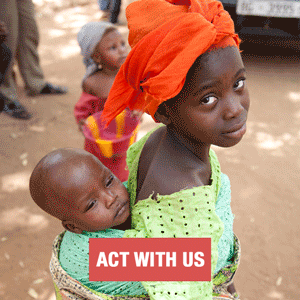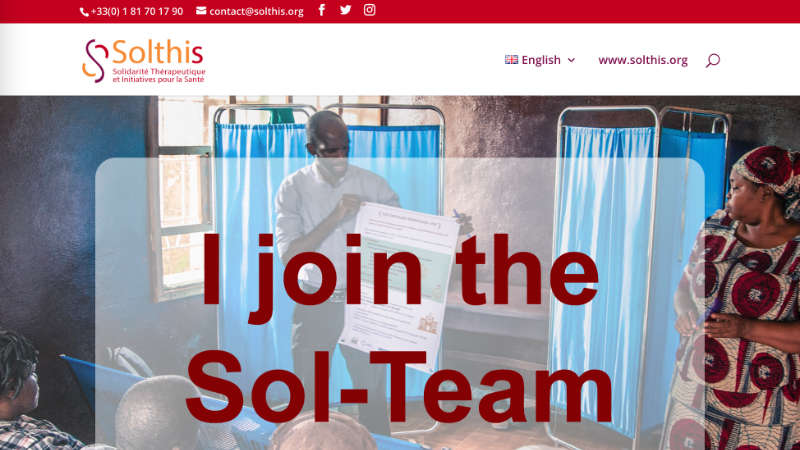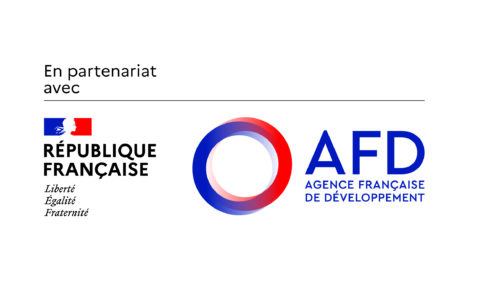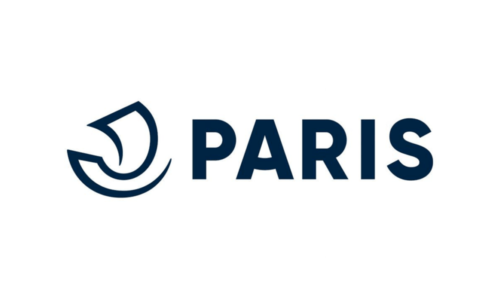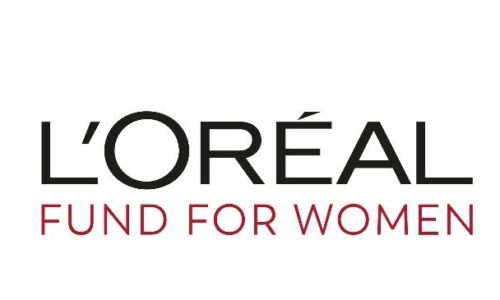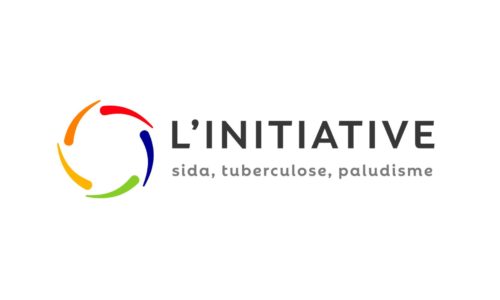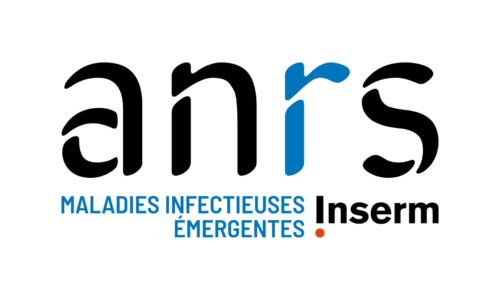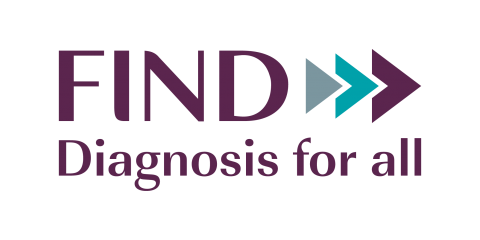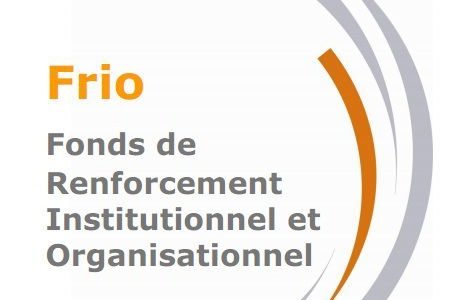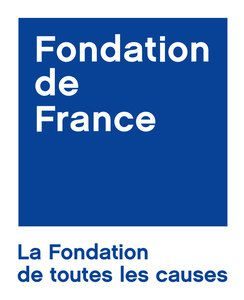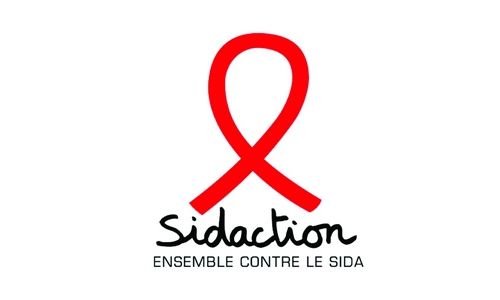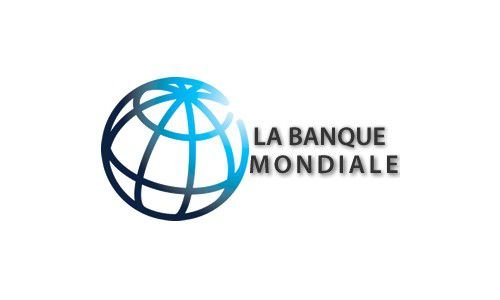GUINEAOPERATIONAL RESEARCHFighting HIV / AIDSImprove the health of children in Africa
Context
In sub-Saharan Africa, many children are still being born to mothers who were not tested for HIV during pregnancy and, therefore, did not receive antiretrovirals (ARVs) to prevent mother-to-child transmission. In Guinea, despite progress in the prevention of mother-to-child transmission of HIV in recent years, fewer than two in ten HIV-exposed children receive early HIV testing and fewer than one in ten HIV-infected children receive treatment.
Early detection of HIV in infants whose mothers are living with HIV is a crucial issue to enable immediate treatment of infected children. Indeed, without testing, infected children cannot benefit from treatment and, without treatment, the majority of them risk dying before the age of 3 years and particularly in their first 3 months of life. HIV testing for children is therefore an emergency.
Key information
| Duration | 2020 – 2021 |
| Beneficiary | CHU Pediatrics Department of Ignace Deen-Conakry and Donka Hospital – Conakry |
| Source of funding | ANRS |
| Partner | PNLSH (National AIDS and Hepatitis Programme), Guinean Civil Aviation Authority, Ignace Deen Pediatrics and Donka Laboratory |
| Country | Guinea |
Objectives of the project
The ANRS 12407 AIR-POP project aims to conduct a cost-effectiveness modelling study on the use of drones to address the challenge of road congestion in Conakry, which remains a major obstacle to the rapid transport of blood samples to laboratories and the emergency supply of health centres in order to optimise the care of children exposed to HIV in Conakry. The AIR-POP project therefore aims to :
- Assess the needs for paediatric HIV care and organisational diagnosis to determine the feasibility of emergency paediatric diagnosis and treatment at clinical sites for the management of mother-to-child transmission of HIV (PMCT) or paediatric sites and molecular biology laboratory in the southern part of the city of Conakry;
- Test the use of UAVs (cost and efficiency) for rapid transport of samples and emergency supply of health products in comparison with dedicated ground transport by motorbike;
- Study the acceptability and perceptions of the use of drones by health authorities, pregnant women living with HIV, health personnel and the population.
Expected results
The use of drones could represent an innovative approach to transporting infant blood samples from Conakry’s health centres to Donka Hospital, where a point-of-care (POC) machine can test infants for HIV in 90 minutes. This could reduce the time it takes to obtain results, which is often very long because of the conventional diagnostic tests used and the delay in getting the samples to the laboratories, and thus give all HIV-infected children the chance to benefit from immediate treatment and to be able to grow up like all other children.
Learn more
The AIR-POP project complements the ANRS1234 DIAVINA/I-POP project, which in 2016 introduced early diagnosis of infants in the delivery room at Ignace Deen Hospital in order to initiate emergency treatment to reduce the risk of contamination of infants born to infected mothers. A second phase of the project was launched in January 2021 to optimise this system by introducing the measurement of the maternal viral load at delivery using POC (Points Of Care) technology, which will make it possible to improve the treatment of newborns and their mothers according to the assessed risk of HIV transmission.
